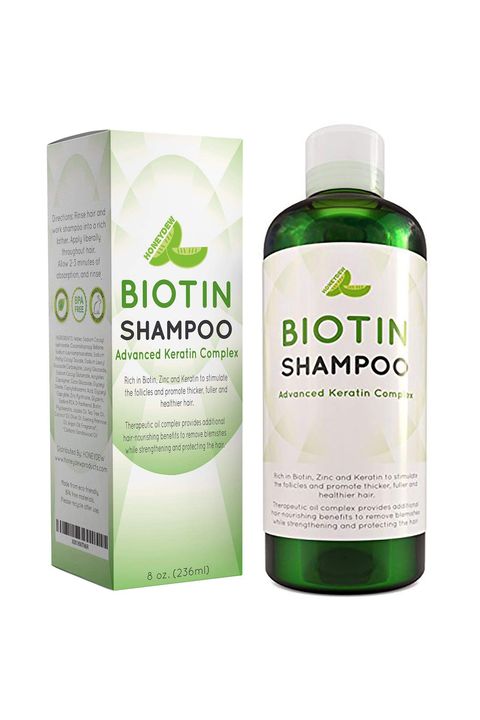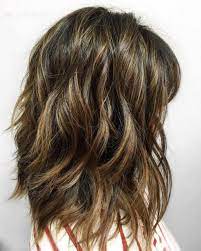
Medicated shampoos may help treat scalp conditions, but it’s best to consult with a dermatologist for optimal treatment. They can create a comprehensive plan with oral and topical medicines and additional strategies like medicated shampoo.
Dandruff
Dandruff is a condition where flaking skin accumulates on the scalp and hair. Various factors like fungal infections, seborrheic dermatitis, scalp psoriasis, or other sources can cause it. While not severe, it can lead to thinning hair and irritation. Anti-dandruff shampoos provide relief.
Most medicated anti-dandruff shampoos contain ingredients like ketoconazole or selenium sulfide to target fungal infections. These ingredients help alleviate itching and prevent scratching that damages hair follicles. Dermatologist advice can provide more effective anti-dandruff shampoo.
Steroid-based shampoos with clobetasol propionate can relieve mild to moderate dandruff and scalp psoriasis by reducing inflammation.
Shampoos with coal tar can help treat dandruff, but be cautious as they may discolor blonde or grey hair.
If dandruff or scalp psoriasis is severe, stronger medications like sulfur, salicylic acid, or tar may be prescribed with a valid prescription.
Psoriasis
Scalp psoriasis is an inflammatory condition causing flaking, itching, and redness on the scalp. Medicated shampoo can effectively manage scalp psoriasis and prevent flaking.
Psoriasis shampoos contain ingredients to soften and shed scaly patches. Some shampoos use coal tar to eliminate scales, while others use anti-inflammatory agents like salicylic acid. Ketoconazole is effective against psoriasis and tinea versicolor infections.
Topical steroids like Clobetasol Propionate and phototherapy with unique lights may be recommended for treating scalp psoriasis.
hair Fall
Medicated shampoos can help with hair loss depending on the condition being treated. Shampoos targeting dandruff or scalp infections have reduced hair fall and promoted new growth. DHT-blocker medications can be helpful for hair loss related to dihydrotestosterone, but accurate diagnosis is crucial for success.

